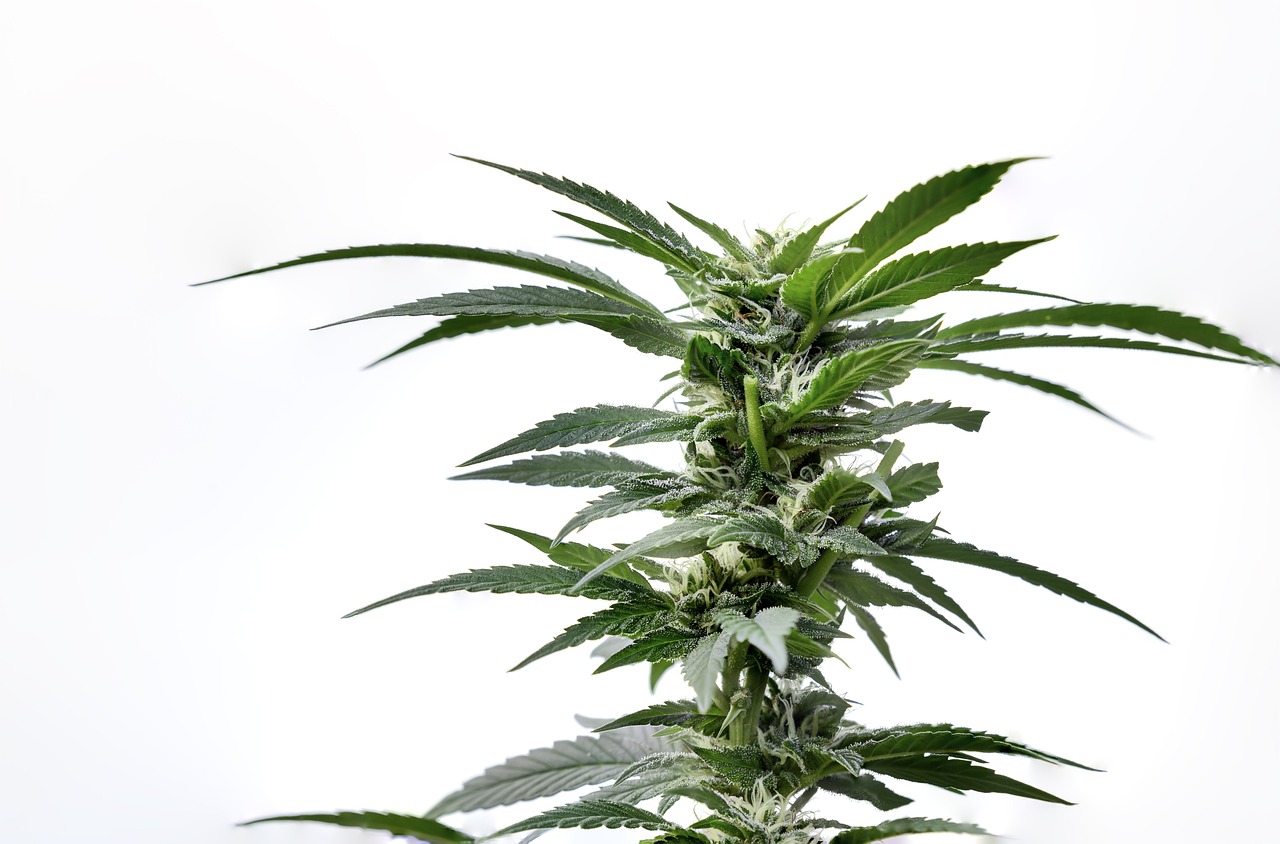The world of cannabis is vast and varied, with numerous compounds offering a range of potential benefits. Among these, THCA (tetrahydrocannabinolic acid) has garnered attention for its unique properties. Unlike its more famous counterpart, THC, THCA is non-psychoactive, making it an intriguing subject for therapeutic exploration.
Understanding THCA: The Basics
THCA is a cannabinoid found in raw and live cannabis plants. It is the precursor to THC, the compound responsible for the psychoactive effects of cannabis. When cannabis is heated through smoking, vaping, or cooking, THCA from https://indacloud.co/ undergoes decarboxylation, converting into THC. This transformation is why raw cannabis does not produce the “high” associated with its consumption.
Non-Psychoactive Nature
One of the most appealing aspects of THCA is its non-psychoactive nature. This characteristic makes it a potential option for individuals seeking the therapeutic benefits of cannabis without the mind-altering effects. This opens up possibilities for a broader range of applications, particularly for those who may be sensitive to THC.
Potential Health Benefits of THCA
Research into THCA is still in its early stages, but preliminary findings suggest several potential health benefits. These include:
- Anti-Inflammatory Properties: THCA has shown promise in reducing inflammation, which could be beneficial for conditions such as arthritis and other inflammatory diseases.
- Neuroprotective Effects: Some studies indicate that THCA may help protect brain cells, potentially offering benefits for neurodegenerative diseases like Alzheimer’s and Parkinson’s.
- Anti-Emetic Properties: THCA may help reduce nausea and vomiting, making it a potential option for patients undergoing chemotherapy or those with chronic conditions that cause nausea.
- Appetite Stimulation: While THC is known for increasing appetite, THCA may also play a role in stimulating hunger, which could be beneficial for individuals with appetite loss due to illness or treatment.
Case Studies and Research
Several studies have begun to explore the potential of THCA. For instance, a study published in the British Journal of Pharmacology highlighted THCA’s anti-inflammatory properties, suggesting its potential in treating inflammatory conditions. Another study in the Journal of Neuroimmune Pharmacology pointed to THCA’s neuroprotective effects, indicating its promise in neurodegenerative disease management.
While these studies are promising, more research is needed to fully understand the scope of THCA’s therapeutic potential. The current body of research is limited, and further studies could provide more definitive evidence of its benefits.
Consumption Methods for THCA
To harness the benefits of THCA, it is typically consumed in its raw form. This can be achieved through various methods:
- Juicing: Fresh cannabis leaves and flowers can be juiced to create a nutrient-rich beverage that retains THCA.
- Raw Consumption: Adding raw cannabis to salads or smoothies is another way to consume THCA without decarboxylation.
- Tinctures and Topicals: These products can be made with raw cannabis to provide THCA without the psychoactive effects of THC.
Legal Considerations
The legal status of THCA varies by region. In many places, cannabis laws focus on THC content, meaning that raw cannabis with high THCA levels but low THC may be legal. However, it’s crucial to understand local regulations before pursuing THCA for therapeutic use.
Challenges and Future Directions
Despite its potential, THCA faces several challenges. The primary hurdle is the lack of extensive research, which limits the understanding of its full range of benefits and potential side effects. Additionally, the cannabis plant’s legal status in many regions complicates research efforts.
Future research could focus on understanding the mechanisms through which THCA exerts its effects, optimal dosing strategies, and its long-term safety profile. As the legal landscape evolves, more comprehensive studies may become feasible, paving the way for THCA to become a mainstream therapeutic option.
Conclusion
THCA flower presents an exciting avenue for therapeutic exploration. Its non-psychoactive nature and potential health benefits make it an attractive option for those seeking alternatives to traditional cannabis products. While research is still in its infancy, the preliminary findings are promising. As scientific understanding deepens and legal barriers diminish, THCA could play a significant role in the future of cannabis-based therapies.
